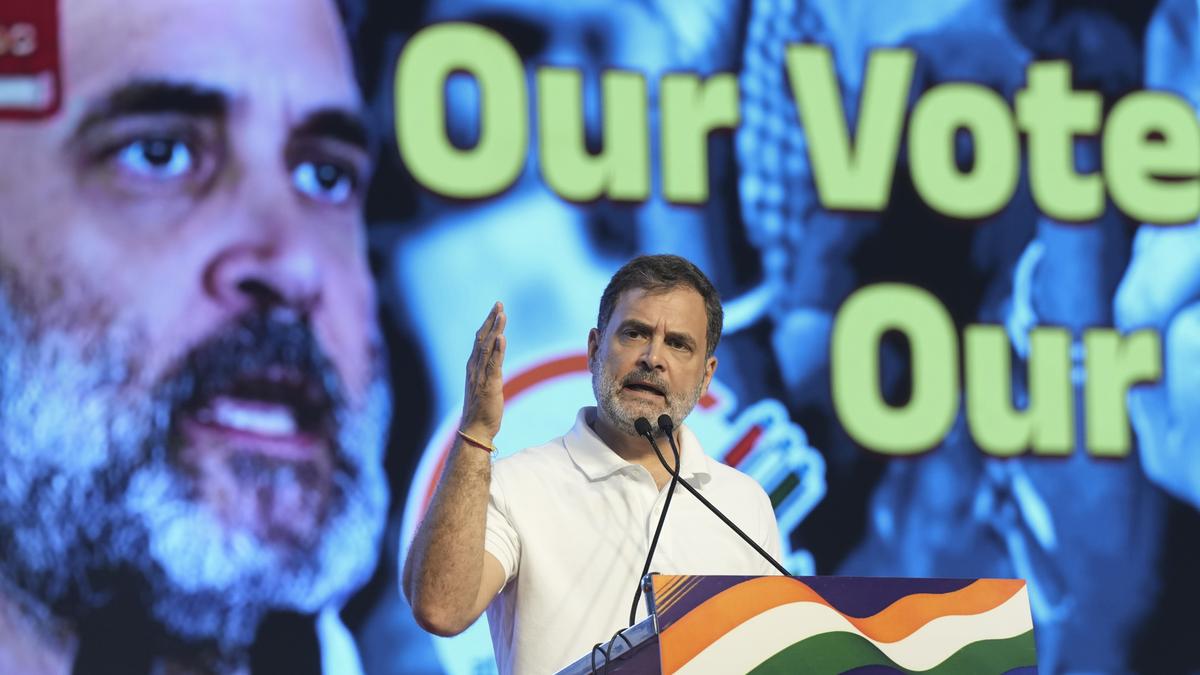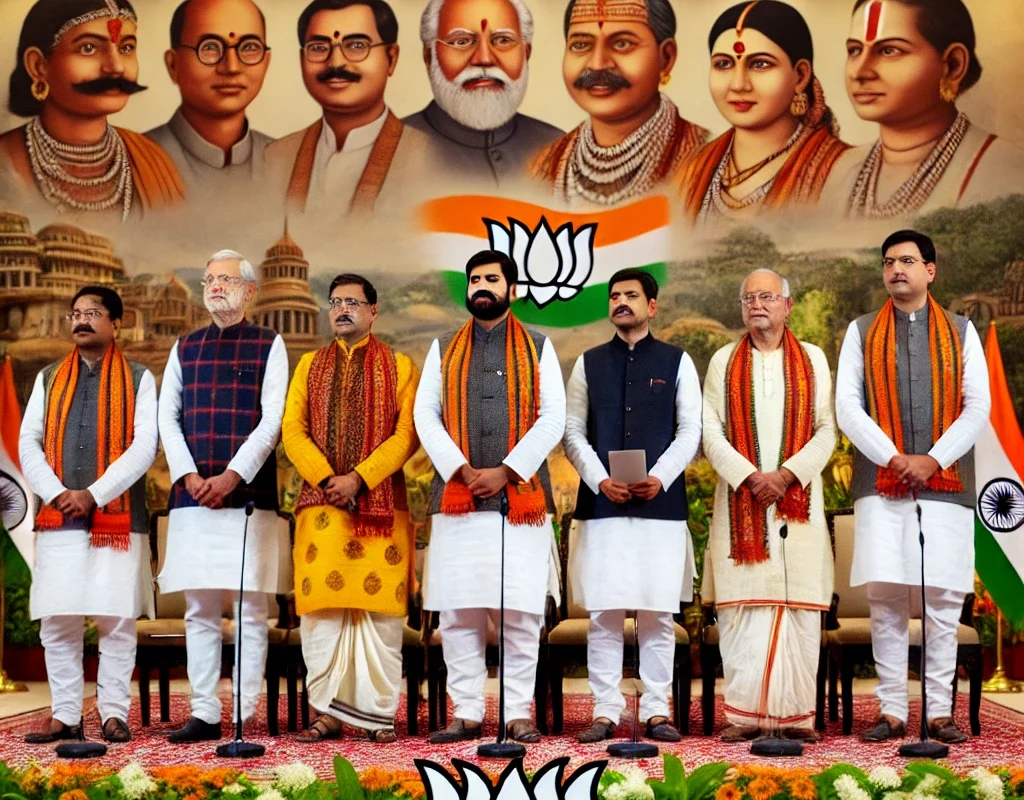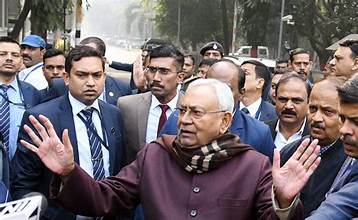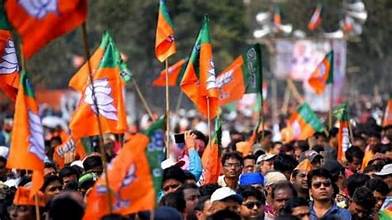Top Court Observes New Revision Process is More Inclusive
New Delhi – The Supreme Court of India has remarked that the Special Intensive Revision (SIR) of Bihar’s electoral roll is more voter-friendly than the earlier summary revision.
The court noted that the SIR allows 11 different documents for voter verification, compared to just seven in the previous system. According to the bench, this wider range of acceptable documents makes the process “inclusionary”, even though Aadhaar is excluded.
A bench comprising Justice Surya Kant and Justice Joymalya Bagchi made the observations while hearing multiple petitions challenging the Election Commission of India’s (ECI) decision of June 24 to implement SIR in the poll-bound state of Bihar.
Arguments Over Aadhaar Exclusion
Petitioners argued that excluding Aadhaar cards was exclusionary, despite the expanded document list. Senior Advocate Abhishek Manu Singhvi, representing the petitioners, pointed out that while the number of acceptable documents has increased, many of them have limited coverage among Bihar’s population.
For example, Singhvi said passport ownership in Bihar is only 1–2%, and the state does not issue permanent resident certificates.
Court Counters with Coverage Data
In response, the bench highlighted that 36 lakh passport holders in Bihar represent a significant number. Justice Bagchi added that such lists are prepared after consultation with various government departments to ensure maximum voter coverage.
ECI’s Stand and Previous Ruling
On August 12, the Supreme Court clarified that the inclusion or exclusion of names in the voter list is within the Election Commission’s authority. The court also upheld the EC’s stance that Aadhaar and voter ID cards cannot be treated as final proof of citizenship during SIR.
The ECI has stated that nearly 6.5 crore voters in Bihar—out of a total 7.9 crore—do not need to submit any documents if their names or their parents’ names appeared in the 2003 electoral roll.
A Matter of Trust
The bench acknowledged that much of the controversy over Bihar’s SIR is due to a “trust deficit” rather than purely procedural flaws. The issue has sparked intense debate both inside and outside Parliament as the state prepares for elections.








